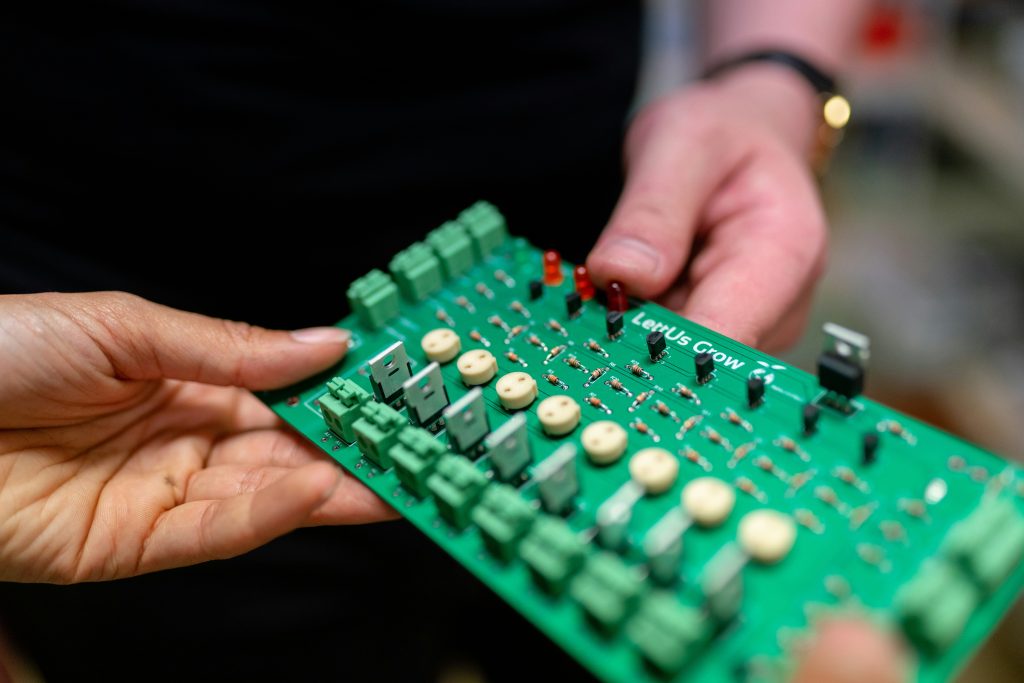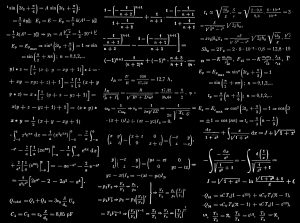The Science Behind SIP Abacus Training

Abacus learning is a time-tested method that combines traditional techniques with modern educational principles to enhance cognitive development and mathematical skills. By understanding the science behind this methodology, you can provide your child with a solid foundation in mathematics while boosting their confidence and love for learning.
The Science of Abacus: Enhancing Cognitive Development
Abacus learning is based on several scientific principles that contribute to effective learning and brain development. Let’s delve into each of these principles to understand how they shape your child’s mathematical abilities and cognitive skills.
-
Cognitive Development: Research indicates that activities involving mental arithmetic, such as abacus learning, can lead to improvements in overall cognitive function. By engaging children in mental calculations and visualization techniques, the abacus program enhances their ability to process information and think abstractly. Specifically, it improves working memory and attention span, which are vital for problem-solving and critical thinking. Through regular practice, children develop better numerical fluency and a deeper understanding of mathematical concepts.
-
Visualization Techniques: One of the key aspects of abacus learning is teaching children to visualize the abacus in their minds. This mental imagery plays a crucial role in enhancing mental calculation abilities and spatial reasoning. By visualizing the abacus, children can perform calculations without relying on physical tools, fostering independence and confidence in their mathematical skills. The ability to mentally manipulate the abacus beads enhances their visualization skills, which can transfer to other areas of learning as well.
-
Gamification of Learning: The abacus program incorporates games and interactive activities to make learning engaging and fun. This gamification approach leverages children’s natural curiosity and transforms learning into an enjoyable experience. Research has shown that gamified educational activities improve retention and motivation, leading to better learning outcomes. By making mathematics enjoyable, abacus learning helps children develop a positive attitude towards the subject.
-
Personalized Learning: Teachers in the abacus program adapt their teaching strategies to meet the individual needs of each child. This personalized approach ensures that students are appropriately challenged and supported, which is crucial for effective learning. Tailored instruction addresses the unique learning styles and paces of each student, promoting better engagement and understanding of mathematical concepts.
-
Structured Curriculum: The abacus curriculum is systematically designed to progress from basic to advanced concepts, building a solid foundation in mathematics. This structured approach allows for incremental learning and mastery of skills over time. By following a well-defined curriculum, children develop a deep understanding of mathematical concepts while improving their problem-solving abilities.
-
Regular Assessment and Feedback: Continuous evaluation is an integral part of the abacus program. Regular assessments help identify areas needing improvement and provide valuable feedback for students. Studies have shown that constructive feedback significantly enhances learning outcomes and motivation. By receiving regular feedback, children can track their progress and work towards improving their mathematical skills [1].
Learning Abacus: Step-by-Step
Now that we understand the science behind abacus learning let’s explore how learning abacus takes place in steps.
-
Familiarize Yourself with the Beads: An abacus consists of vertical rods, with each rod representing a place value. The beads on each rod have different values assigned to them.
-
Representing Numbers: Slide the beads up or down to represent numbers. For example, when you slide a bead towards the beam (the center dividing bar), it represents a value of 5 or 10 depending on the type of abacus.
-
Addition and Subtraction: To perform addition or subtraction, move the necessary beads up or down accordingly. Keep track of carrying or borrowing values when needed.
-
Multiplication and Division: For calculations above addition and subtraction, children will need a trained instructor as a guide
-
Developing Mental Calculation Skills: With proper guidance and practise, children learn to visualize the abacus in their minds, gradually eliminating the need for a physical abacus. They can perform calculations mentally using the same techniques they learned with the abacus.
Benefits of Abacus Learning
Abacus learning offers numerous benefits for children struggling with mathematics. Here are some of the key advantages:
-
Enhanced Numerical Fluency: Abacus learning deepens a child’s understanding of numbers and mathematical concepts, leading to increased confidence in their abilities. They become fluent in mental calculations and develop greater accuracy in solving mathematical problems.
-
Improved Working Memory: The structured nature of abacus learning enhances a child’s working memory, which is crucial for effective problem-solving and critical thinking. By holding and manipulating numbers mentally, children develop a better capacity for retaining and manipulating information.
-
Faster Mental Calculation: Through regular practice, children learn to perform complex calculations quickly and accurately in their heads. This skill is beneficial not only in mathematics but also across various subjects that require quick mental calculations.
-
Better Concentration: The abacus program fosters improved focus and attention span, helping children engage more effectively in their studies. By focusing on manipulating beads and visualizing calculations, children develop concentration skills that positively impact their overall academic performance.
-
Cognitive Skill Development: Abacus learning has been linked to improvements in general cognitive abilities beyond numerical tasks. It enhances overall academic performance by developing skills such as problem-solving, critical thinking, memory retention, and attention to detail.
Abacus learning is an effective and scientifically-backed method to enhance your child’s mathematical skills and cognitive development. By leveraging the principles of cognitive development, visualization techniques, gamification of learning, personalized instruction, structured curriculum, and regular assessment and feedback, abacus learning provides children with a solid foundation in mathematics and problem-solving.
If you’re considering abacus learning for your child, SIP Abacus offers world-class skill development programs tailored to children aged 6-12. Their curriculum is divided into different modules, with a focus on developing mental math abilities and overall cognitive skills. With small class sizes and interactive learning materials, SIP Abacus nurtures children’s love for learning and prepares them for academic success.
Don’t let your child struggle with mathematics any longer. Embrace the science behind abacus learning and unlock their mathematical potential today!
Studies show that children who complete the SIP Abacus program perform significantly better in math and reading at school, often 3-4 years ahead of their peers within 2 years of joining. The program’s unique approach of developing both sides of the brain has proven effective in nurturing children’s academic and overall growth.



